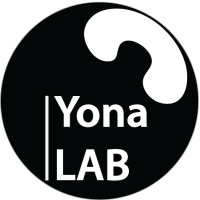Citation:
Date Published:
JunAbstract:
The role of the anti-inflammatory protein annexin-A1 (Anx-A1) in the phagocytic process has been investigated using a murine bone marrow culture-derived macrophage model from Anx-A1(+/+) and Anx-A1(-/-) mice. Macrophages prepared from Anx-A1(-/-) mice exhibited a reduced ingestion of zymosan, Neisseria meningitidis or sheep red blood cells, when compared to Anx-A1(+/+) cells and in the case of zymosan this effect was also mirrored by a reduced clearance in vivo when particles were injected into the peritoneal cavity of Anx-A1(-/-) mice. The ablation of the Anx-A1 gene did not cause any apparent cytoskeletal defects associated with particle ingestion but the cell surface expression of the key adhesion molecule CD11b was depressed in the Anx-A1(-/-) cells providing a possible explanation for the attenuated phagocytic potential of these cells. The production of the cytokines TNFalpha and IL-6 was increased in Anx-A1(-/-) macrophages following phagocytosis of all types of particle.
Notes:
Yona, SimonHeinsbroek, Sigrid E MPeiser, LeanneGordon, SiamonPerretti, MauroFlower, Roderick Jeng051887/97/Wellcome Trust/United KingdomResearch Support, Non-U.S. Gov'tEnglandBr J Pharmacol. 2006 Jun;148(4):469-77. doi: 10.1038/sj.bjp.0706730. Epub 2006 Apr 24.


